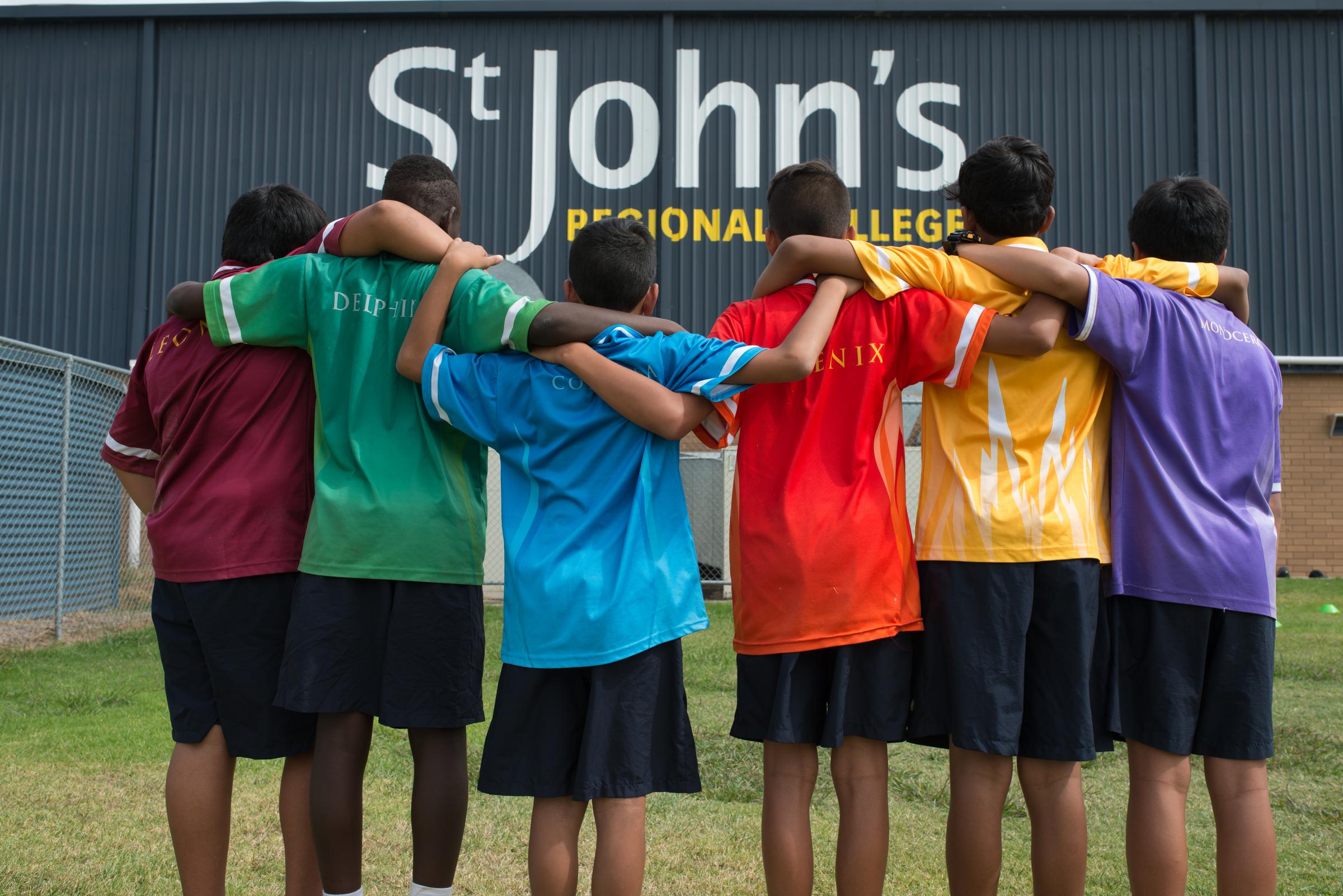Student Wellbeing

Spending more time with family is an occasion to build relationships and a sense of community. Professor Lea Waters has identified the following areas as key to maximise the wellbeing of families at this time.
AUTONOMY - A person's ability to self-govern. Three types of autonomy exist; behavioural, emotional and cognitive. Each family member will have different needs and when these are identified and met you will be ready to establish new routines.
1. Routine - A weekly planner with each members name and daily timetable will clearly communicate each individual's needs for everyone to respect. Starting the day at 8.30am, while incorporating normal breaks allows for consistency.
2. Study Space - Each family member needs their own learning space. The main requirements are; Lighting- ensure that your space is well lit, preferably with natural light. Warmth- science informs us that the ideal learning temperature is between 22-25 degrees, so staying in bed does not work! Limit distractions- your phone should not be in sight. Close any web pages and avoid distractions such as the television. Set yourself up to be fully focused.
3. Self-Care - Sleep- vital to positive wellbeing. Lack of sleep affects mood, which in turn impacts sleep. Adolescents need between 8-10 hours per night. Limit screen time, exercise or caffeine close to bed times. Regular calming activities before going to sleep signals to the body that it is time for bed. Physical activity- it is important to maintain some form of activity not just for the obvious physical and mental health benefits but it also strengthens our immune system.
MINDFULNESS - The body's natural stance during perceived threat is a fight or flight response. This results in a build-up of cortisol, which increases heart rate and blood pressure. If cortisol is released continuously you are in a heightened state of alert which is unhealthy. What can you do? Mindfulness is a combination of meditation and deep breathing which helps to restore a sense of calm. Meditative yoga and deep breathing can help to release unhelpful thoughts. An immediate benefit is that it can be done anywhere, anytime. There are many apps and websites to guide you. Headspace, Calm and ReachOut Breathe are just a few.
RELATEDNESS - Refers to the natural human need to feel connected to those around us. Scheduled time to connect as a family and with others contributes to positive health and wellbeing.
1. Family time - Set regular family time into your planner. Whether it is mealtime, leisure, such as movie night, board games or physical activity. Setting these times in advance allows for all members to adjust schedules and participate.
2. Honest communication - Answer questions honestly and if you feel your child is struggling encourage contact with friends, mentor or a teacher.
3. Checking in - Ask questions regarding your child's day such as: What was your favourite subject today and why? Inquire about your child's Empower project and if they need any help? What are they reading for DEAR? All of these are easy ways to start a conversation and make connection.
COMPETENCY - Humans need to experience a sense of achievement for reassurance and positive self-esteem.
1. Goal setting - Checking off short and long term goals on a 'To do' list fosters feelings of satisfaction and accomplishment. In the absence of regular contact with those who affirm us, this allows for prolonged motivation and maintains productivity.
2. Mindset - Start off with a growth mindset, focus on the things that you can control. You cannot control time but you can control how you manage it. Using an alarm will ensure that you don't miss a lesson or spend too long in one subject. Outlook calendar can also be used for reminders.
Review - your family and individual planners are reflective of your needs and these will change. Revisit your planner regularly and adjust together as needed. Your days may not always go as planned which is atypical of life, so just try again tomorrow.
Greg Van Es
Deputy Principal – Student Wellbeing
